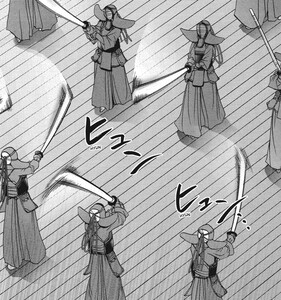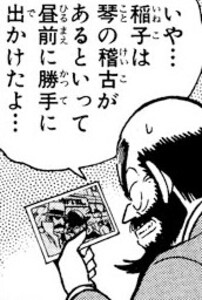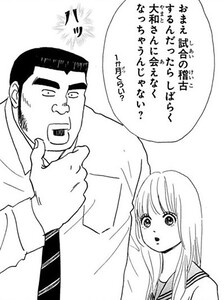Training with 稽古

The term 稽古 is widely used to refer to practicing various arts.
It contains the kanji 稽, meaning to train, and 古, which refers to the past, to ancient times. This gives the sense of “learning from the past”, of learning from one’s predecessors.
Compared with 練習, a more generic term for practice or training, 稽古 has the nuance of improving oneself as well as acquiring skills.
It is often associated with traditional arts such as:
- Martial Arts: Practicing kendo, judo, or karate.
- Performing Arts: Rehearsing for kabuki or noh theater.
- Tea Ceremony: Learning the intricate steps of preparing and serving tea.
Dictionary Definition
1. 芸能・武術・技術などを習うこと。また、練習。
2. 芝居などで、本番前の練習。下げいこ。リハーサル。
3. 昔の書を読んで物の道理や故実を学ぶこと。学問。
1. To take lessons in public entertainment, martial arts, engineering etc. Also, training.
2. Reherse before a performance of a play, etc. Rehersal.
3. Reading old books to learn about the principles of things and historical facts. Study.
Goo Dictionary
Examples
Koto lessons with 稽古

Hired to confirm whether a client’s wife is having an affair, Kogoro reveals a candid photo he took of the wife with another man.
The client mentions he let his staff take a break so they wouldn’t know about Kogoro’s visit. Kogoro asks if that includes the client’s wife.
- 伝次郎:
- 「いや… 稲子は琴の稽古があるといって昼前に勝手に出かけたよ」
- “No... Ineko said she had a koto lesson and went out on her own before noon.”
In this scene, 稽古 is used to describe a koto lesson. This reflects the traditional and cultural aspect of the activity, as koto is a classical Japanese instrument.
The use of 稽古 instead of 練習 emphasizes the structured and disciplined nature of the lesson, as well as its connection to Japanese heritage.
Training for a judo match with 稽古

Members of the judo team plea for Takeo to help them in their upcoming match against a rival high school. Takeo quickly accepts their request, but Sunakawa considers how this will impact Takeo’s new relationship with Yamato.
- 砂川:
- 「おまえ試合の稽古するんだったら しばらく大和さんに会えなくなっちゃうんじゃない? 1か月くらい?」
- “When you're training for the match, won't you be unable to see Yamato for a while? For about a month.”
Here, 稽古 is used to describe training for a judo match. This term is often used in martial arts to emphasize the disciplined and traditional nature of the practice.
Unlike 練習, which is more generic, 稽古 conveys the idea of learning from past techniques and improving oneself through structured training.